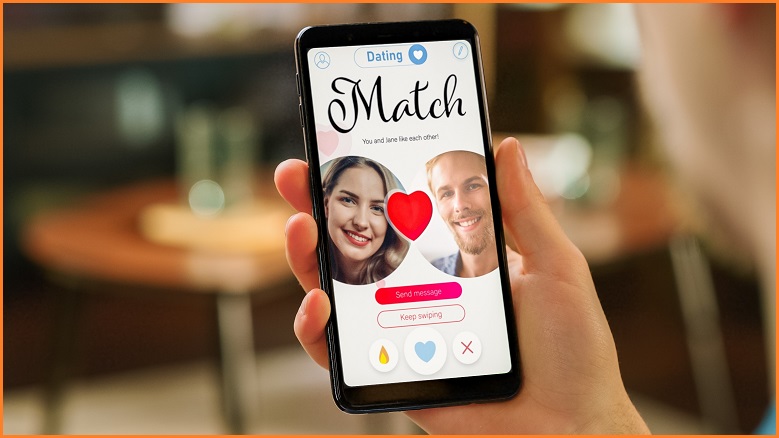Dating app companies have been given a nine-month ultimatum to develop a code of practice to improve safety for users as the federal government continues using voluntary measures to regulate the online space.
On Monday, the government announced that it has ordered the companies behind major dating apps such as Tinder, Hinge and Bumble to work together to make the industry code of practice to better protect their users by mid-next year.
If they fail to do so, or if the government doesn’t think the code is good enough, Labor has pledged to introduce legislation to enforce protection measures on the dating apps.
Announcing the move on Monday, communications minister Michelle Rowland said that dating app companies must “do their part to end violence against women”.
“If the code is not delivered, or does not deliver the improvements that are being sought in terms of improving safety for Australian users, I will not hesitate to take further action – including regulatory and legislative measures,” Rowland told the media.
“Have no doubt, if this does not deliver improved safety for Australian users, we will have no hesitation in taking this further.”
Australian Institute of Criminology research recently revealed that three in four users of online dating platforms have experienced some form of sexual violence facilitated by these apps, including sexual harassment, abuse or threatening language, image-based sexual abuse, and stalking.
“The levels of harassment, abuse and technologically facilitated abuse are at too high levels,” social services minister Amanda Rishworth said.
“And if we are going to end violence against women and children in one generation, then we need to address these online dating apps.”
The industry code to be developed by the companies will aim to ensure they are doing enough to deter predators and criminals on their platforms, including commitments to improve engagement with law enforcement, support at-risk users, improve safety policies and practices, and improve transparency around harms occurring.
It comes after the government convened a national roundtable on online dating safety at the start of the year, which brought together industry, government and family violence sectors to address safety on these platforms. Some of the ideas considered included a registry of users of these apps and embedding safety by design into them.
Self-regulation over legislation
These voluntary codes have been common practice for federal governments in the place of more stringent regulation when it comes to the online space, with similar efforts introduced to address misinformation and Internet of Things (IoT) safety.
Rowland said the voluntary code is a “balancing act” between supporting innovation and making the dating apps safer for users.
“What we need to do is balance innovation that is occurring in this area with the need to have some impact on the harms that are occurring,” she said.
“What we want to do in this sector is not stifle innovation, but balance our hands. So by having a voluntary code upfront, this is not a set-and-forget. It will be overseen by the eSafety Commissioner, who will have input into this design.
“By having this in place, and by having reporting after nine months of operation, we will be able to see whether there have been those improvements.”
The federal government also launched a voluntary code of practice for IoT security in 2020, with 13 principles signalling government expectations to manufacturers of these devices about their security.
There is also a voluntary misinformation code of practice in place for tech giants such as Facebook, Google, TikTok and X, run by the Digital Industry Group. The government has since signalled that it wants to have a more direct role in regulating this issue.










